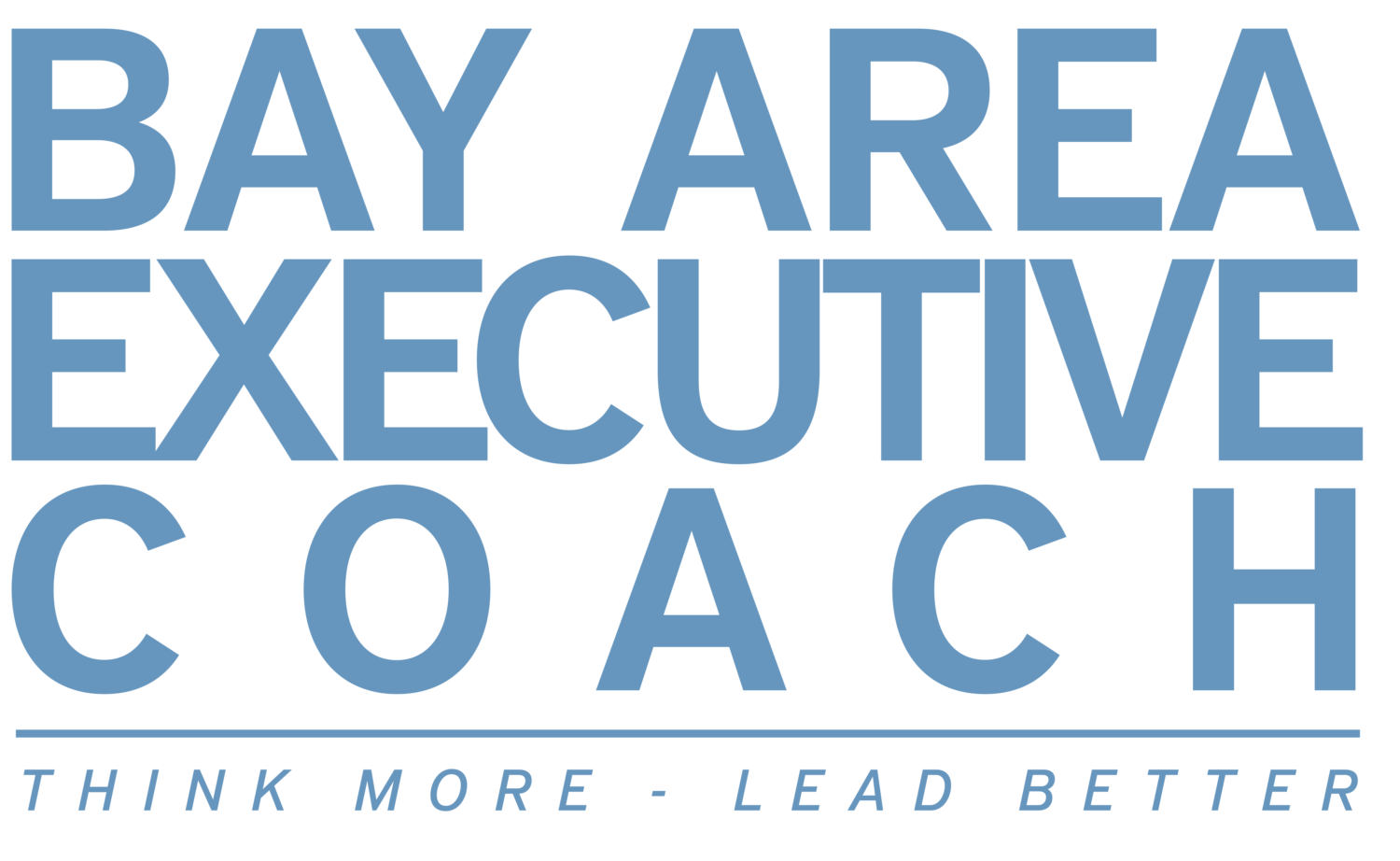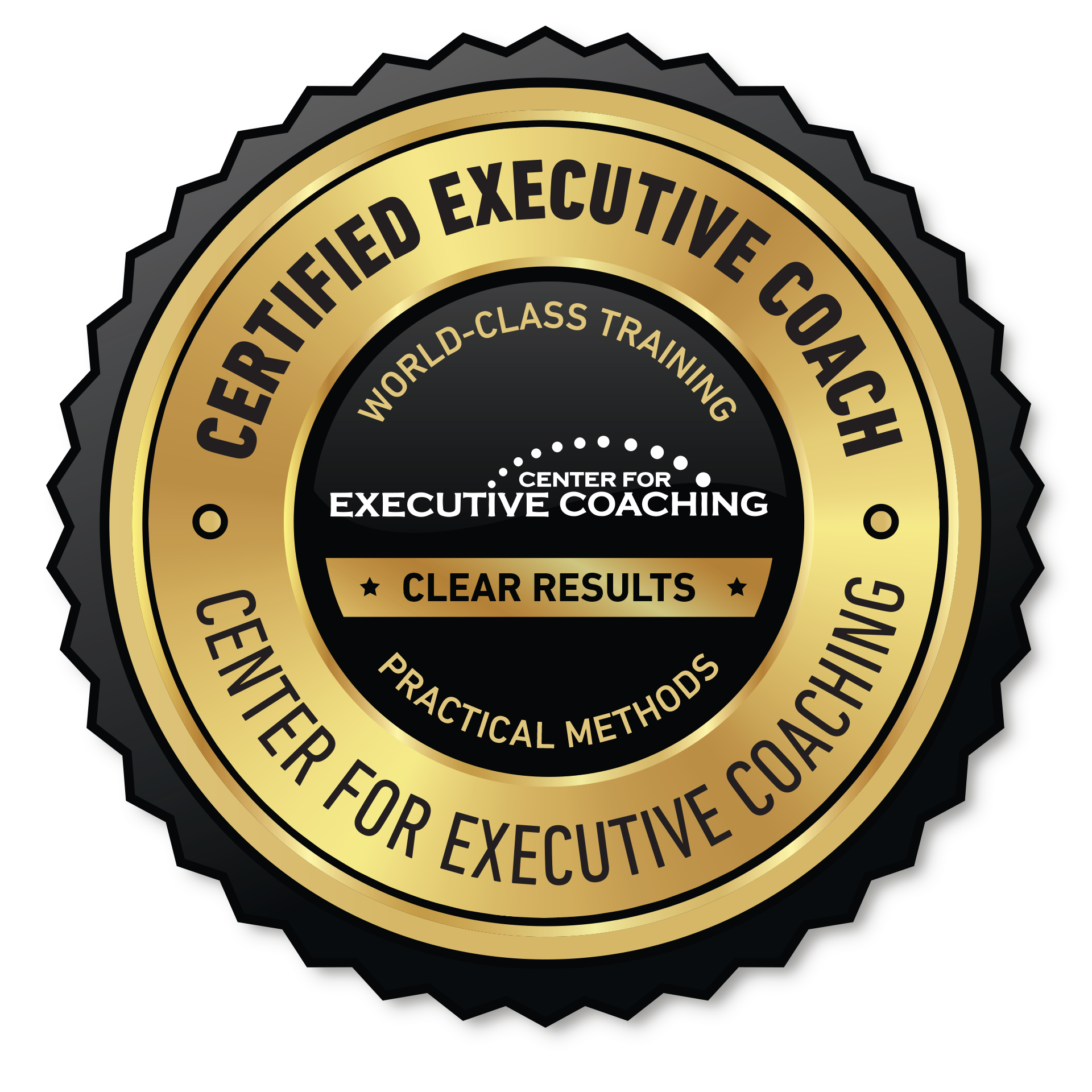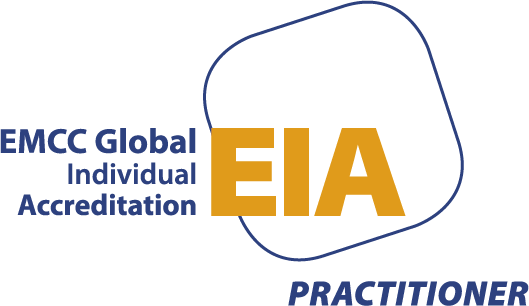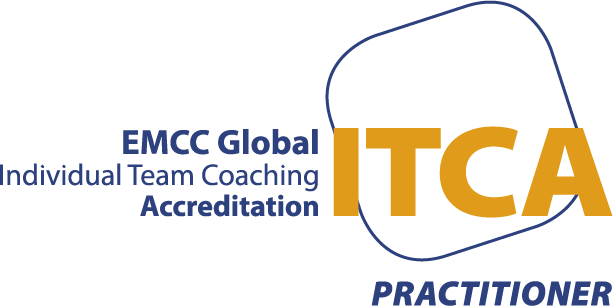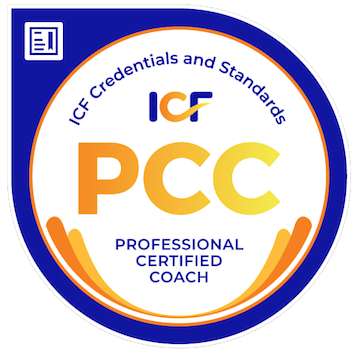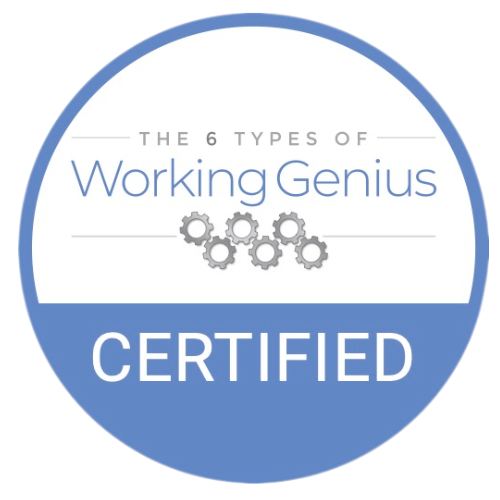Great leaders want to know themselves, because they realize that self-knowledge is essential to understanding others and learning how to lead them. The strong and effective leader is often a person with a high degree of self-awareness,
But what if you feel your self-awareness isn’t as strong as it could be? Here are some effective tips for growing your leadership capabilities by nurturing and growing your self-awareness.
- Embrace your feelings
Respect and embrace the way you feel: happy, sad, frustrated, hopeful, whatever. Accept your emotions as valid indications of your state of mind, but don’t be judgmental as to whether your feelings are “good” or “bad.”
Instead, recognize these feelings as indications of something deeper within you, and use that insight to gain an understanding of what’s causing you to feel a certain way. Emotions tell us something about ourselves, so be aware of that. Good leaders see their feelings as opportunities to reach greater self-awareness, not as obstacles to be overcome.

- Solicit feedback
This takes some fortitude and courage, but go ahead and ask a trusted colleague, family member, or friend for some truthful feedback about how you “show up” in certain situations or with certain people.
Use their feedback to build a deeper understanding of yourself and how you project to others. By gathering feedback from different sources, you might see behavior patterns that you didn’t realize were there. Be willing to look at yourself through someone else’s eyes to gain valuable insight into how your emotions, communication style, and body language affects other people.
With this new information, you’ll not only be made more self-aware, but you’ll also start to strengthen your awareness of others – another hallmark trait of the emotionally intelligent leader.
- List out your strengths and weaknesses
We all have things we’re great at and things we’re not so great at. Many who enjoy success in business, and in life, are playing to their strengths while working to improve in other areas.
To improve your self-awareness, make a free-flowing list of your self-perceived strengths in one column and self-perceived weaknesses in the other. Free your mind so you’re not thinking too deeply, making your list spontaneous and almost a stream of consciousness dialogue. As you create your list and reflect upon it, you will enhance self-awareness.
- Practice mindfulness

Mindfulness has been defined as “the practice of purposely bringing one’s attention to the present-moment experience without evaluation, a skill one develops through meditation or other training.”
Mindfulness can help you develop more self-awareness by drawing your focus to your non-verbal communication: your body language, facial expressions, posture, and even habits that you don’t even think about but might be bothersome or distracting to others. Realize you can be somewhere physically but still not be present. Practice mindfulness and you’ll be able to counteract that tendency among the busy leadership set.
- Keep an open mind
Part of self-awareness is recognizing that you, like everyone else, don’t have all the answers to everything. You need to keep your mind open to the input and the opinions of others. Self-aware leaders know this and are naturally curious and open to new ways of doing things. When you welcome other viewpoints and ideas, you fuel your own growth while making those around you feel supported and accepted.
John Wooden said this, “It’s what you learn after you know it all that counts.”
There is always something new to learn if we remain open and aware of the myriad possibilities around us that are represented by diverse opinions and perspectives.
- Keep a journal
Maintaining a written record of your daily ups and downs, your feelings, and your reactions to them is an excellent way to build your self-awareness. Rather than commit to memory, write down the events of your days while they’re fresh in your mind. After a certain amount of time, review your prior journal entries to see if you’d still react or respond in the same way now. Use this chronicle to chart your progress toward greater self-awareness.
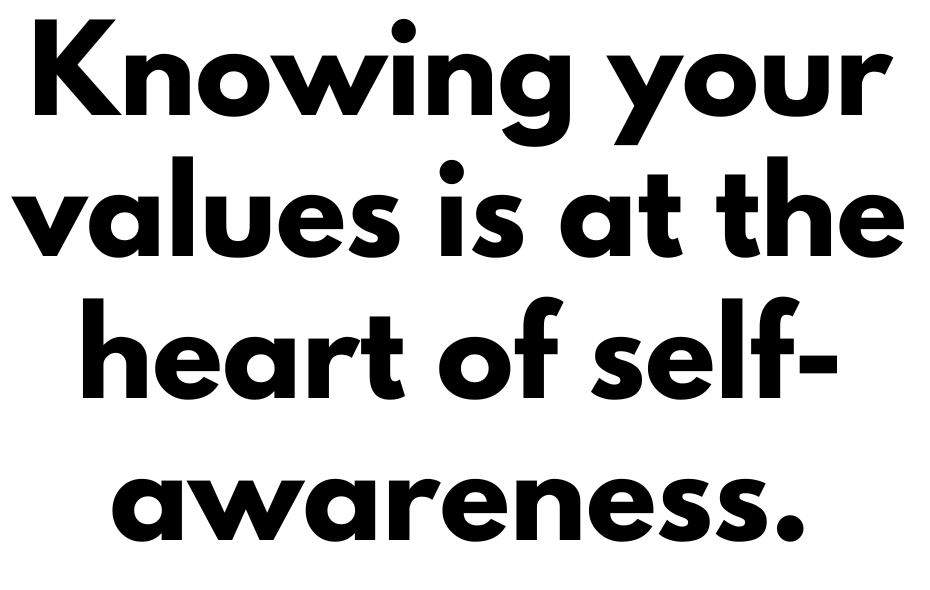
- Stay true to your values
We all have a value system: the things that matter to us most or maybe matter to us very little. Knowing your values is at the heart of self-awareness and true emotional intelligence.
Take time to ask yourself if your behavior is in line with your value system. If you find yourself reacting in ways that go against your inner beliefs, such as yelling at your employees when they make a mistake or undermining others when they’re not present, it’s likely you’re not in a good place emotionally. By becoming newly aware of your values and when you violate them, you’ll be better able to choose the high road that’s more reflective of who you want to be.
Self-awareness is an essential element of emotional intelligence. When you’re more aware of yourself, you’re better able to manage your stress, make better decisions, engage with people constructively, and ultimately become the emotionally intelligent leader you aspire to be.
One of the most difficult adjustments many rising leaders make is the transition from the “doing mode” to the “empowering mode.” Read our article on To Lead Effectively, Learn to Delegate Well!
If you’d like to work with a coach or pull us in to lead a class on the topic of emotionally intelligent leadership for your team, contact us to learn more.
Here are more resources related to this topic
Articles
- Leading With Emotional Intelligence
- Self-Awareness: The First Step to Emotional Intelligence for Sales Professionals
- Self-Awareness: A Foundation of Leadership Success
- Emotional Reasoning for Sales Professionals
- The Value of Authenticity in the Sales Process
- 9 Top Signs You Need an Emotional Intelligence Coach
- Eight Powerful Benefits of Emotional Intelligence in the Workplace
- How to Build Trust and Connection Through Emotional Intelligence
- Bay Area Executive Coach to Offer Genos International Emotional Intelligence Assessments
Case Studies
- Guiding a Leader to Employ Emotional Intelligence at Work
- Sometimes You Need to Slow Down to Move Ahead
eBook
Guide
Videos
- Do You Seek Out CRITICAL Feedback? | Handling Feedback as a Leader Pt. 2
- Cultivating the Awareness of Others As A Business Leader
- 4 Reasons Why You Need to Invest in Your Emotional Intelligence as a Leader
- Leadership Assessment for Emotional Intelligence
- Using Emotional Intelligence in Executive Coaching With Expert Trevor Blondeel
- How to Have Better Sensitive Conversations as a Leader
- What is Conversational Intelligence? An Introduction to C-IQ
- Unlocking Empathy: The Key to Exceptional Leadership
Featured photo is from ©Tara Winstead via Pexels. Secondary photo is from ©KATRIN BOLOTSOVA via Pexels.
